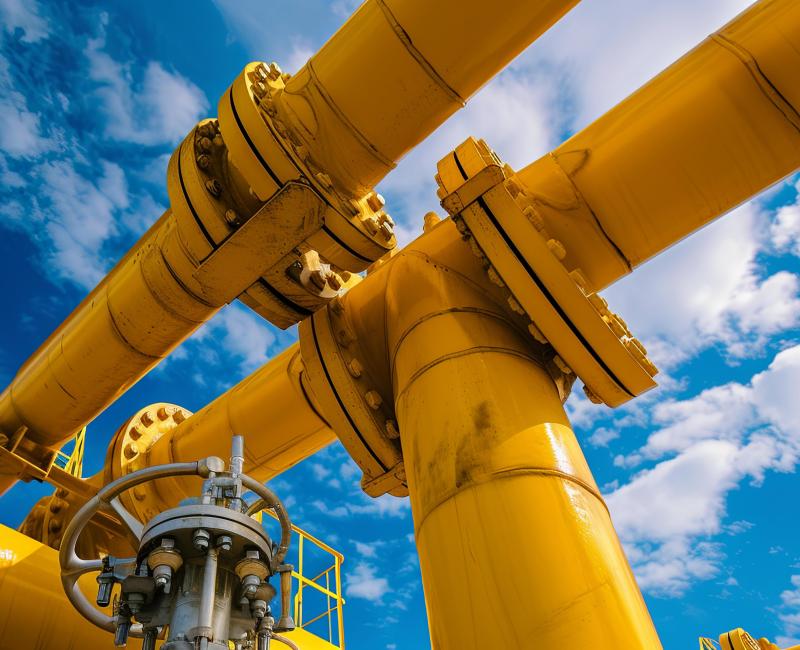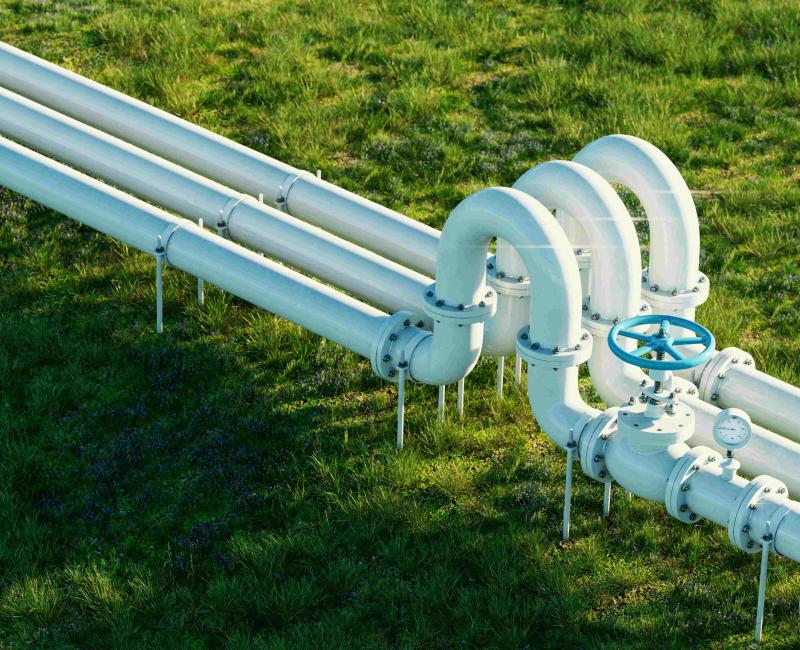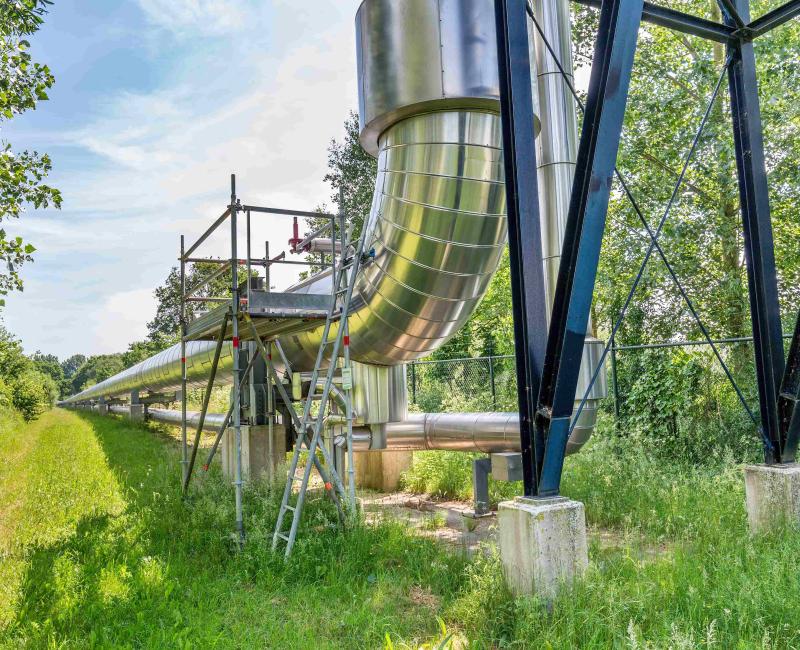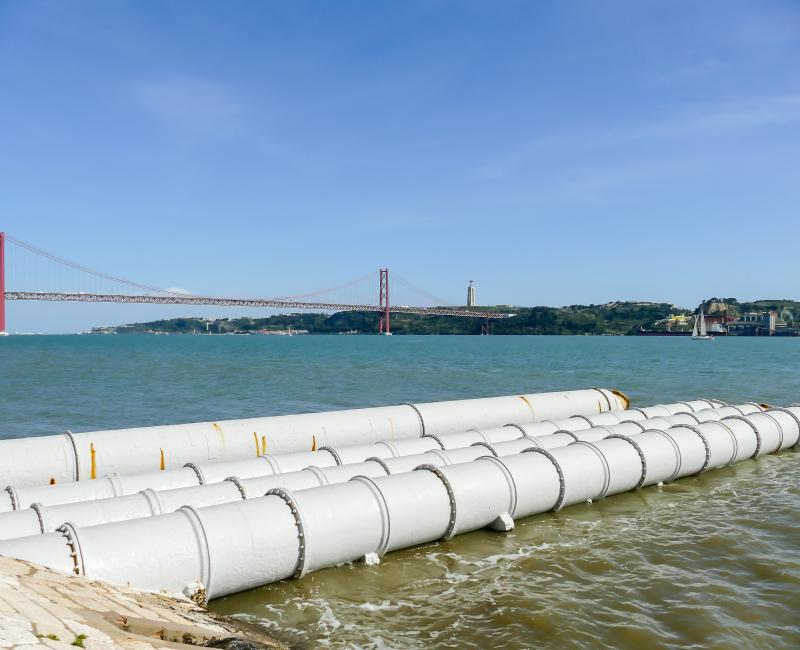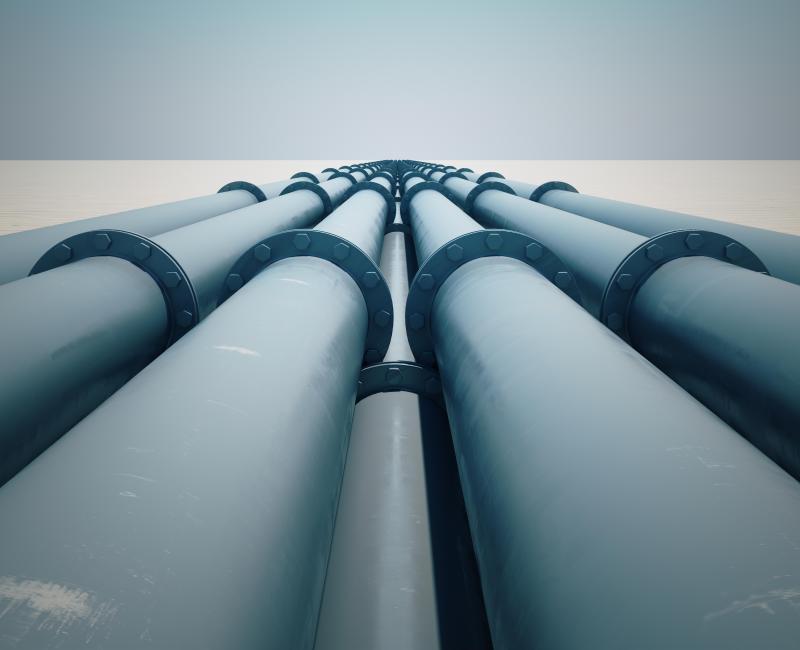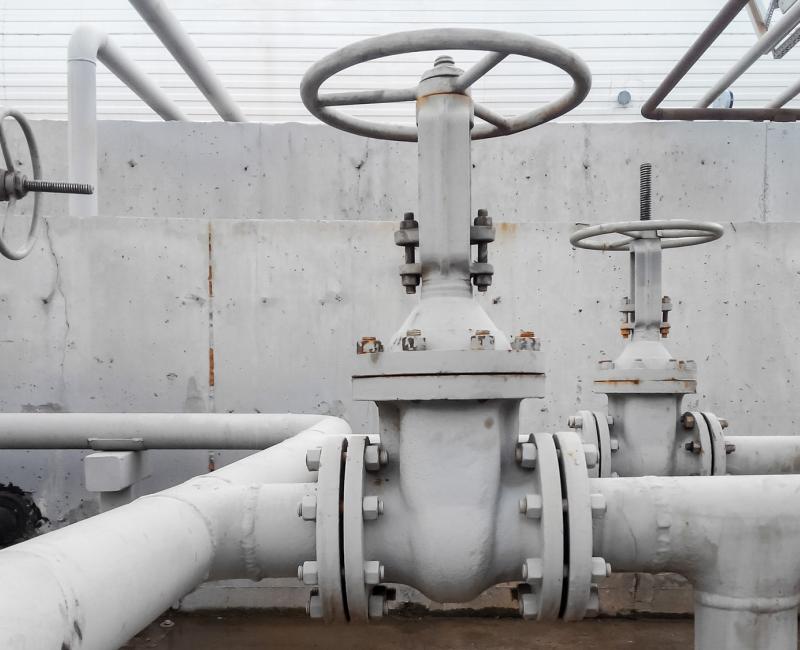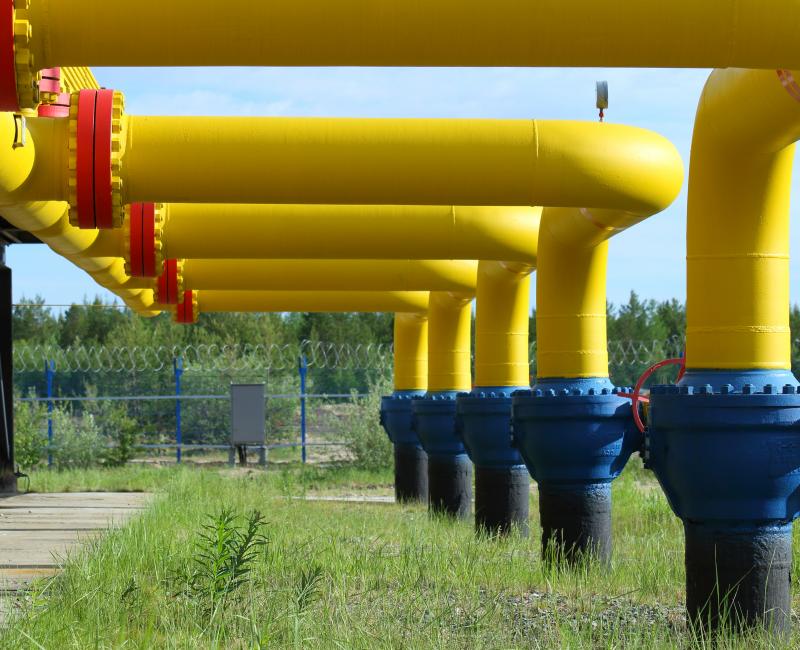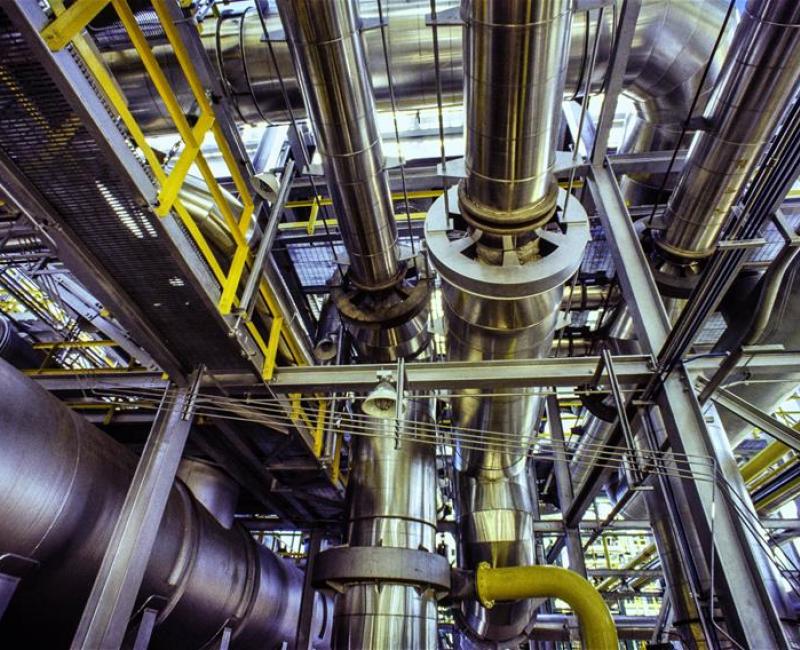ACER finds Czech gas transmission tariffs largely compliant with EU rules

ACER finds Czech gas transmission tariffs largely compliant with EU rules
What is it about?
Today, ACER publishes its report on the Czech gas transmission tariffs directed at the Energetický regulační úřad/Energy Regulatory Office (ERO), the Czech national regulatory authority.
The report assesses whether the proposed reference price methodology complies with the requirements of the EU binding Network Code on Harmonised Transmission Tariff structures.
What is the proposed tariff methodology about?
The regulator proposes to:
- Adopt a capacity weighted distance methodology as the reference price methodology.
- Adjust the entry-exit split from the current 9-91% to 15-85%.
- Reduce the discount applied to entry and exit points of storage facilities from 100% to 80%.
What are the key findings?
After analysing the consultation document, ACER concludes that:
- The proposed methodology largely complies with the requirements of the network code.
- Most required information is provided, with the exception of the calculation and components of the cost allocation assessment.
- The proposed commodity-based charge generally aligns with Article 4(3) of the tariff network code (which sets the rules for commodity-based tariffs).
What does ACER recommend?
ACER recommends that the national regulatory authority (ERO), when adopting its final decision:
- Consults on any benchmarking adjustments, respecting the two-month consultation period set in the tariff network code. If this timeframe cannot be met, ACER recommends that ERO provides the longest possible consultation period, anticipating the opening and closing dates to stakeholders and ACER.
- Justifies the results of the cost allocation assessment, providing an explanation on how the outcomes vary when different assumptions are used. This should help identify the most suitable methodologies for the transmission network.
- Justifies the use of an alternative pricing mechanism for the flow-based charge at interconnection points. For this purpose, ERO should demonstrate that there is a significant risk of volatility in cross-system flows that could impact the cost reflectivity of the flow-based charge.
See all ACER reports on national tariff consultation documents.

